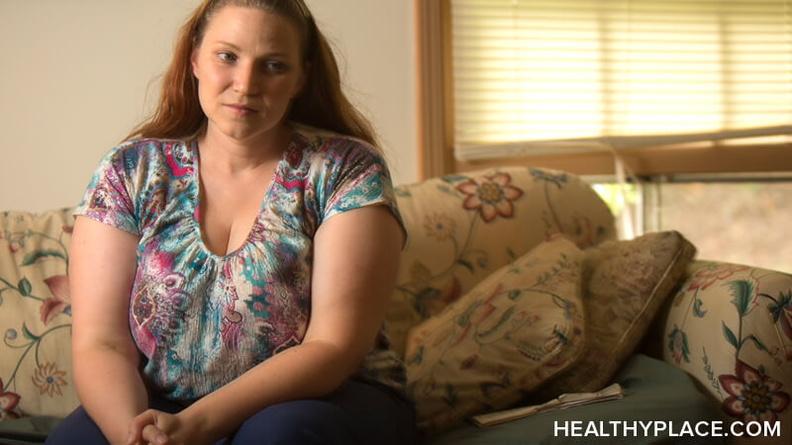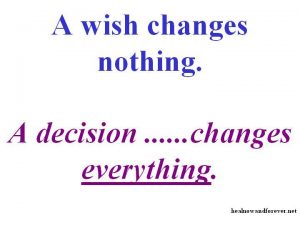The Self-Blame Game and Forgiveness

Let's talk about he blame game, forgiveness and guilt. Did you ever wonder why people feel guilt even though they have done nothing wrong? Humans have the psychological need for order. If something they experience is chaotic; blame is the easiest way to make order of it. Sometimes we blame ourselves and sometimes we blame others. But most of us go back and forth between the two.
For example, if someone who we thought loved us, hurts us, we become hurt and confused (chaos), and we try to make sense of it. Immediately we assume we must have done something wrong. It must be me, I am the common denominator. I always mess up.
But soon, we come to our own defense inside our head. Wait a minute...That wasn't fair that they did this. That was mean.
 Then, given all this, we have trouble trusting ourselves, so we can't depend on ourselves to know what to conclude, and the back and forth is perpetuated.
Then, given all this, we have trouble trusting ourselves, so we can't depend on ourselves to know what to conclude, and the back and forth is perpetuated.
Now we are more confused. Is it me? Is it them? Me? Them? I call this raging conflict inside our heads the blame game.
The Self-Blame Game
The blame game is where most of our suffering lies. Either and both blames cut right into our self identity. We don't know if we are good or not. It's hard to be lovable, vindicated, or validated.
Yes, the original hurt hurt. But it is expanded a thousand fold by the blame game. This is because in making order of the original chaos, we've created a now un-orderable chaos. And we get stuck in it with no place to stand. There is no innocence for us (maybe we don't deserve it), no justice (because what if it is us), no forgiveness (because who should we forgive?), no love (because how can you be lovable?). No understanding (so how could anyone else understand?).
Does this strike a cord?
How Do We Get Out of the Blame Game?
Forgiveness.
Forgiveness doesn't mean you conclude that you did something wrong and then forgive yourself. It is not like the idea of forgiving a sin.
Self forgiveness means you lift the veil of the blame and you can see your own beauty. I use the word to mean having compassion for yourself. It is a way of letting go of the blame game by not letting it define you anymore. It is letting go of the guilt of it all (knowing you don't deserve the guilt). Knowing you are lovable, because you are a good person. This means that you love yourself and see good in yourself no matter what happened to you.
You lay down the weapons of the blame war, and surrender that it doesn't matter who did what and why, because you decide that you did the best you could at the time. Recognize that you survived with skills and those skills say something about what you hold precious. And holding that precious makes you beautiful.
It may also help to understand that the other person acted out of his or her own hurt, or bad self image. Not that this condones what he or she did, but it helps you see your identity separately.
"People aren't mean to you because they don't like you, they are mean to you because they don't like themselves." -Jodi
Sometimes you are still in relationship with the person who hurt you. Don't worry. This practice will not take you away from them. The blame game probably has done a good job of putting distance in that relationship anyhow, or at least having you desperately seeking their approval, or isolating yourself since you feel unworthy.
Self forgiveness, or deciding you are innocent will only help all relationships you are in. You will begin to trust yourself and this will allow you to open to people who treat you well, and compassionately set limits with those who don't, (outwardly or inwardly).
Self forgiveness is a decision to trust yourself. -Jodi
What are your barriers to self forgiveness?
You can also connect with Jodi Lobozzo Aman:
I blog here: Heal Now and Forever Be In Peace, share here: Twitter@JodiAman, Google+ and inspire here: Facebook: Heal Now and Forever Be in Peace.
APA Reference
Lobozzo, J.
(2013, July 17). The Self-Blame Game and Forgiveness, HealthyPlace. Retrieved
on 2026, February 27 from https://www.healthyplace.com/blogs/anxiety-schmanxiety/2013/07/the-blame-game-and-forgiveness
Author: Jodi Lobozzo Aman, LCSW-R
Great article.. First time I've responded but have followed Healthy Place for over a year...
At 62 years old i have taken responsability for many actions in my relationship in order to halt any verbal recourse. It baffels me how many people in this time refuse to take responsability for their actions. Often the subject is dismissed by the responsable party or it is pointed at someone else. If it comes down to discussion it becomes aggressive and belittleing. I could expect this from a young child afraid of repremand, but this comes from people of all ages. They will not recognize there part in the actions in question and the more they are at fault, the more they deny any wrongdoing. The one responsable often turns it around and puts (in their mind) the blame on you.
[...] list makes me wonder if these are really fears at all since they each have suggestions of self blame. Some assumption, and unfortunately then an implication of guilt, even though we’ve done nothing [...]
[...] and feel resentful that you have to, or say no and feel guilty, you’ll find that you have no place to stand outside of blame. This is the rut people often get into. Make sure you can tell the difference between what you [...]
Thank you Jodi for this post. I had to read it many times before I really was sure I could "absorb" all the answers I needed to take from it. The blame game has played a huge role in my life and still is. I also realized that it has always been easier to stop that crazy game of back and forth by deciding it was my fault rather than accepting the fact that a person I love was at fault. A person I love can't be wrong, a person I love can't hurt me, can't do mistakes. It is so much easier to consider myself wrong.I understand now that it is lack of self love and compassion for myself.
I can't blame others, but I have learned with you to identify their wrong behavior, to understand it, and explain where it comes from (their own hurt and need). It makes it so much easier to forgive them. I still have to learn that it is not my responsibility to change them, that I'm not a failure for not helping them, and that I must forgive/love myself enough by protecting myself from their hurt.
I love the new meaning you give about forgiving myself. Thank you.
I love people who are wrong and make mistakes all the time. I love people who hurt me. They are human. I can forgive, but that doesn't mean that I allow myself available to more abuse. Forgive does not mean allowing more abuse!!!! I can love, but still set limits. This is higher good for both parties. Also, suffering as being a good christian is an old discourse, you did not make it up, it was something honored at one point. But was set up to keep people submissive. This was not Godly, but early church corruption. I was tyring to find reference to it, but haven't been able to. You can be a perfect Christian and be happy, because being a Christian means you know you are of God. Love God, love yourself, love your neighbor. (And they are all the same thing). Let go of that discourse. xo
Jodi
Thank you Jodi. We were taught so many things that I know now to be wrong. It's very easy to understand and see how wrong these things are, but it's not always easy to change. It's not impossible, but it takes time.
Taking time is just another belief. It can be fast or slow, we don't know. Telling ourselves "it takes time", gives us permission to be slow and this can be helpful, but sometimes it is an excuse to stay where you are. And it might fluxuate between the two. It is neither good or bad, but it is not true or false. I hope that makes sense. xo
[...] Let's talk about guilt. Did you ever wonder why people feel guilt even though they have done nothing wrong? Humans have the psychological need for order. If (The blame game and forgiveness. [...]